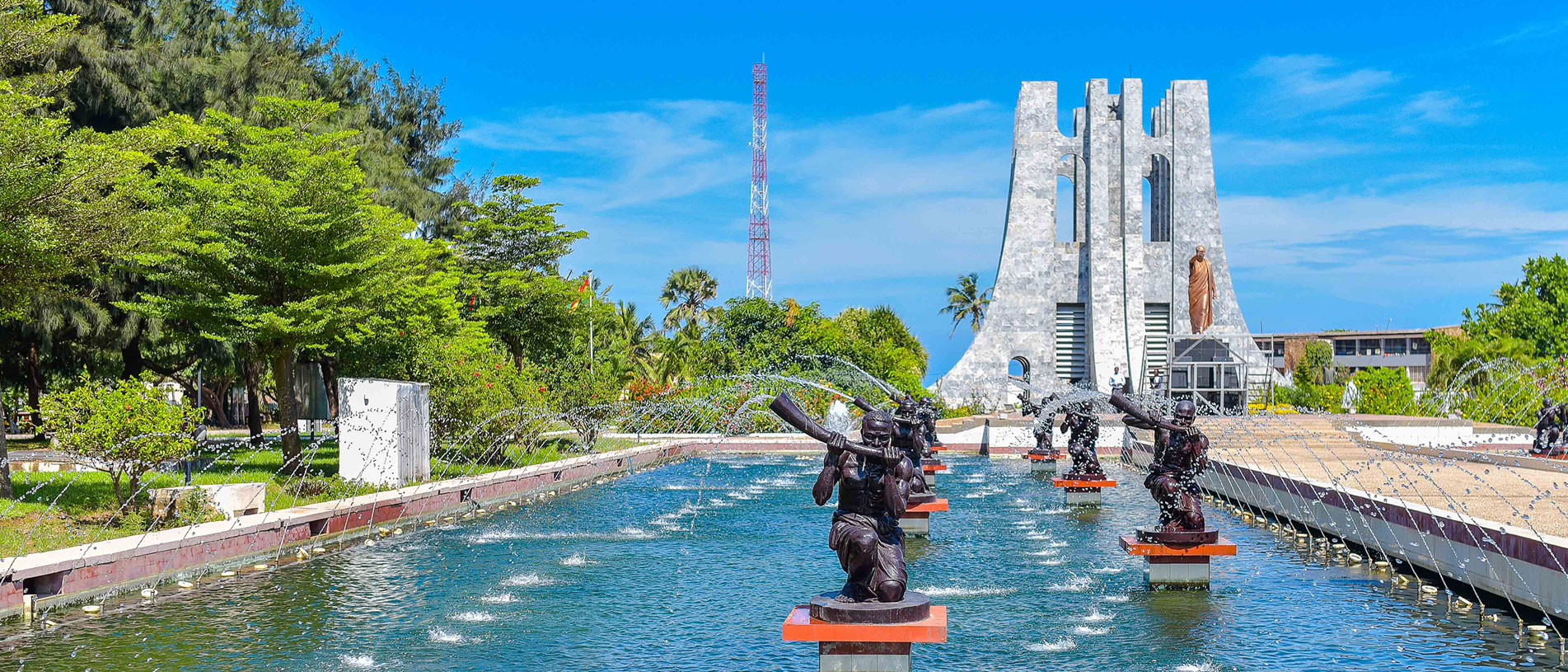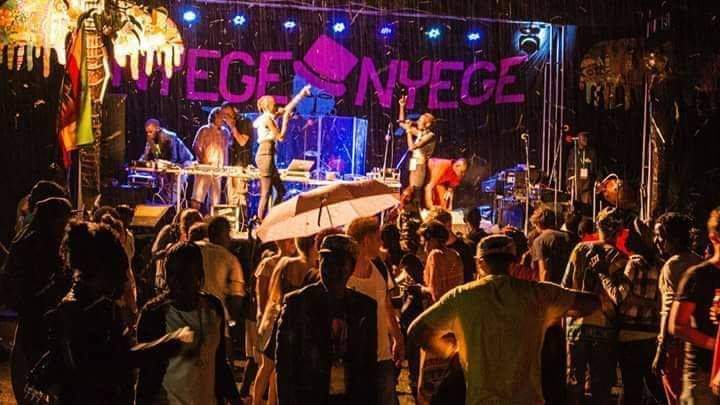The African continent has seen hard days claiming prominent Artifacts that originally belonged to the continent but have long gained new owners in countries away. Some of these artifacts were prominent symbols in old African kingdoms and held much importance that a mere display in museums.
Apollo John Rwamparo speaks forlornly of the eight-legged stool, a symbol of authority for his ancient kingdom in Uganda, now glimpsed through a glass barrier at a museum thousands of miles away in Britain.
The wooden stool is permanently exhibited at the University of Oxford, one of at least 279 objects there taken from Bunyoro-Kitara kingdom during the colonial era. Oxford has resisted attempts to have the stool repatriated, saying it was donated by a royal from a breakaway kingdom.
“It’s quite frustrating,” said Rwamparo, a deputy prime minister and minister for tourism for the kingdom. “The best is for them to swallow their pride, like the French and the Germans have done, and return the artifacts.”
African countries’ efforts at restitution, after long resistance from authorities in Europe, are now blossoming with the return of treasured pieces that once were thought unattainable.
Most recently, Nigeria and Germany signed a deal for the return of hundreds of artifacts known as the Benin Bronzes. The deal followed French President Emmanuel Macron’s decision last year to sign over 26 pieces known as the Abomey Treasures, priceless artworks of the 19th century Dahomey kingdom in present-day Benin.
In Uganda, which won independence from Britain in 1962, antiquities officials are preparing for a November trip to the U.K., where they will negotiate with the University of Cambridge for an unknown number of artifacts there. Cambridge, which recently gave back to Nigeria an elaborate bronze cockerel, appears forthcoming, said Rose Mwanja Nkaale, Uganda’s commissioner for museums and monuments.
London’s British Museum by comparison “is difficult to penetrate,” said Nkaale. “We can start with those that are willing to cooperate. It is not useful to fight these people.”
The British Museum, which holds an extensive collection from across Africa, is protected by a 1963 law forbidding the trustees from repatriating items except under certain circumstances, including if an object is deemed unfit or useless. Some African officials believe that stand is increasingly weak as other institutions in Europe respond more positively.
Many of the desirable artifacts from Africa can’t even be traced, leading an organization founded by the late Congolese art collector Sindika Dokolo to offer to buy looted African art from collections abroad. By 2020, when Dokolo died in a diving accident in Dubai, his campaign had successfully retrieved 15 items.
Restitution remains a struggle for African governments, and the African Union has put the return of looted cultural property on its agenda. The continental body aims to have a common policy on the issue.
Zimbabwe has pushed for the repatriation of about 3,000 artifacts from Britain. They include spears and swagger sticks as well as the skulls of fighters who resisted colonialism. They were decapitated and their heads shipped abroad as war trophies.
Talks between British and Zimbabwean authorities have produced no breakthrough, but the matter is so important for the southern African nation that President Emmerson Mnangagwa last year suggested an exchange: the remains of colonialist Cecil Rhodes, who’s buried in Zimbabwe, in return for the ancestral remains that mean so much to his people.
Some Zimbabwean activists have started an online campaign called #bringbackourbones, protesting last year outside the British High Commission in neighboring South Africa.
In Rwanda, recent cooperation with former colonial master Belgium included the sharing of digital copies of over 4,000 songs and other recordings kept at the Royal Museum for Central Africa outside Brussels.
Items including royal regalia remain at large, and since the digital sound archives weren’t shared in the context of repatriation “you cannot say Belgium has already handed them back,” said Andre Ntagwabira, a specialist in archaeological research at Rwanda Cultural Heritage Academy.
“The heritage, both tangible and intangible items, are the footprints of our ancestors and we should own them,” he said.
“We were robbed of our cultural values and, as you know, a people without roots are a people without a soul,” he added.
Original Article; Here
About Guide2Uganda
Guide2Uganda (www.guide2uganda.ug) is the most comprehensive source of travel information about Uganda that exists on the web, with more content on its cities & towns, accommodation, attractions, events, museums and galleries than any other online guide that currently exists for Uganda; as well as being a dynamic travel news and events driven site with fresh content added daily.
According to WeFollow & Peer Index (that measure online influence), we are among the most influential online media organizations in Uganda. Guide2Uganda was also awarded ‘’Best Destination Website in Uganda’’ by Jumia Travel Uganda in the 2018 Africa Travel Awards.
Share your travel stories & photos with the world via email: info@guide2uganda.ug




